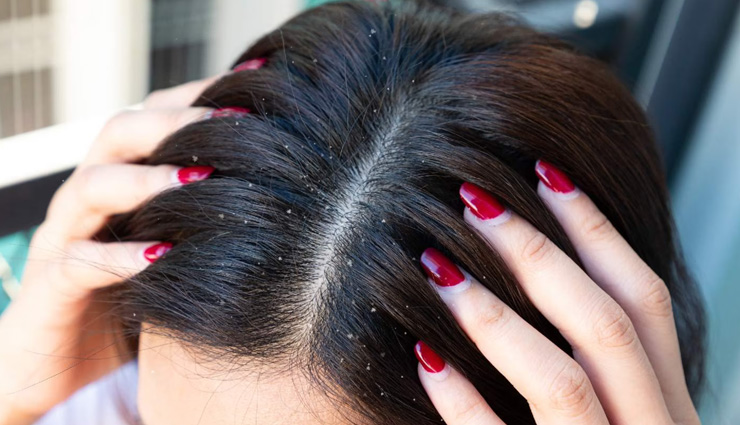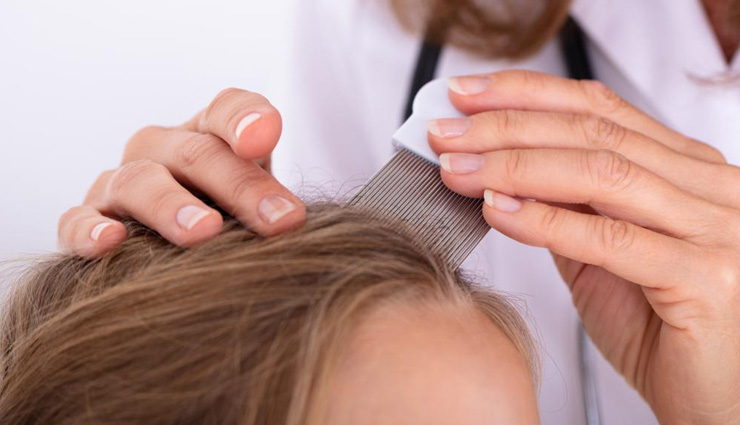5 Myths About Dandruff You Must Know
By: Priyanka Maheshwari Sun, 29 Sept 2024 12:05:56

Nothing can spoil your perfect color block dress quite like a head full of dandruff. Those annoying white flakes can be a real nuisance, affecting your scalp, skin, and outfit!
Dandruff, which presents as itchy, white flakes on the scalp, can be both distracting and embarrassing. It may also lead to greasy patches and tingling sensations.
To effectively address dandruff, it's important to dispel common myths. Many misleading beliefs lead us to purchase various products that fail to deliver the results we need.

# Myth 1: Dandruff affects more men than women
Partly true and partly false. Dandruff is more common during certain age groups, such as pre-puberty and teenage years, due to hormonal changes and the development of oil glands. Men may be more prone to dandruff due to having a higher number of oil glands and a less resilient scalp barrier.
# Myth 2: Poor hygiene leads to dandruff
False. Experts say that dandruff is not caused by poor hygiene. Instead, it results from various factors, including disruptions in the normal skin cell turnover cycle, leading to increased cell turnover but slow shedding of dead skin cells.

# Myth 3: Dandruff only occurs in summer
False. Dandruff can occur in any season, including winter. In winter, less frequent hair washing can lead to an accumulation of dead skin cells, which may worsen dandruff.
# Myth 4: Diet, lifestyle, and environment don't affect dandruff
False. In reality, diet, lifestyle, and environmental factors can influence dandruff. Pollution, such as chemical pollutants like hydrocarbons, can accumulate on the scalp, contributing to oil buildup. To manage dandruff, consider avoiding fried foods, artificial flavors, excessive sugar, and preservatives. Instead, include fresh fruits, vegetables, sprouts, cottage cheese, tofu, and green leafy vegetables in your diet. Also, weather changes can exacerbate existing dandruff by reducing sweat production.
# Myth 5: Dandruff can be treated with over-the-counter products
Partly true and partly false. Over-the-counter products can help, but picking or scratching your scalp can worsen the condition. Regularly shampoo your hair, especially if you sweat a lot, and keep your combs and hair accessories clean. If you experience severe symptoms like excessive scaling, pain, sores, redness, oozing, bleeding, or crusting, it's best to consult a dermatologist.
Related Stories:
# 6 Remedies To Make Hair Color Last Longer
# 5 DIY Home Remedies for Dry Hands That Work Fast





